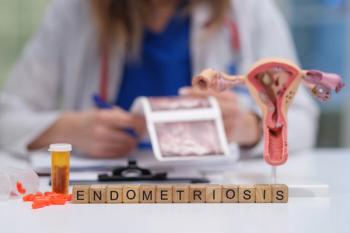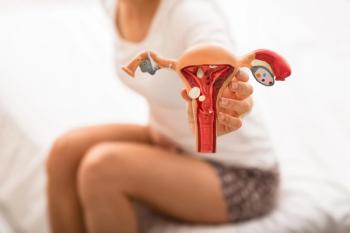
Burden of Endometriosis
An expert in reproductive endocrinology comments on the impact of endometriosis on a patient’s quality of life.
Episodes in this series

Hugh Taylor, MD: Endometriosis can have a tremendous impact on quality of life. The pain itself can be debilitating. These women are often affected at critical points in their lives, during their education or early career. If they’re missing days of school or work, it may hold them back. This has a tremendous effect on their long-term career potential. These are things you just can’t make up sometimes. A lot of these young women are hesitant to participate in sports, theater, or other events at school because they never know when they’re going to be crippled by pain. That prevents them from living a full life. The pain itself is debilitating, and there are so many other symptoms of endometriosis that we know are caused by the disease, for example, the increase in anxiety, increase in depression, increase in pain sensitization that all dramatically affect somebody’s quality of life. Endometriosis can be a huge burden. It is far more than just some painful periods. It can affect somebody’s entire life trajectory. It’s important that we talk to them about this, that we recognize it, that we are open to discussing it with the patient and that we do whatever we can early, before there’s been some harm that may be hard to reverse. Again, if you don’t excel in school, it may limit your career options for your entire life. This has a tremendous burden on quality of life and life potential. We need to recognize it and think about early intervention.
It’s important for them to understand the totality of this disease on their lives. The bowel symptoms may be directly attributable to endometriosis, the bladder symptoms. As we just discussed, the depression, the anxiety may be related to and caused by the endometriosis. How this affects someone’s life can’t be overemphasized. I talk to my patients about recognizing this early, recognizing it with a clinical diagnosis, not waiting until it becomes so debilitating that they need a laparoscopy, trying to head it off early, trying to shorten that 10-year delay between the time someone has symptoms until the time they are given a diagnosis and definitive treatment.
Transcript Edited for Clarity
Newsletter
Get the latest clinical updates, case studies, and expert commentary in obstetric and gynecologic care. Sign up now to stay informed.











